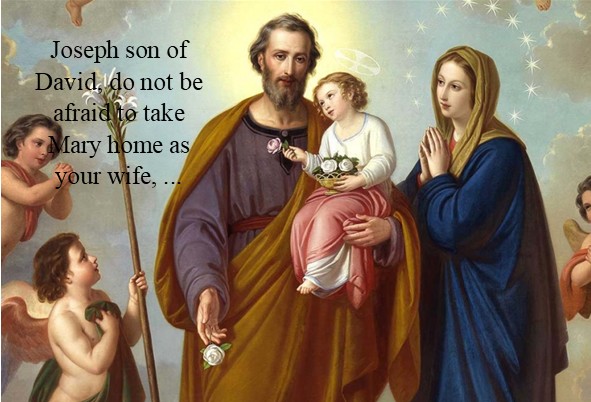THE PASCHAL EVENTS TO HEAVENLY MYSTERIES

TUESDAY, FOURTH WEEK OF LENT Ezek 47:1-9,12; Ps 46:2-3,5-6,8-9; Jn 5:1-3,5-16 Devotion to Paschal Realities We have noted that the Church’s interest and focus have shifted from self-mortifications and other observances to the paschal mysteries, which are the ends of the observances. A well-initiated Lenten observance leads to the freeing of minds and purification of our hearts, which enable us to devote them to the paschal mysteries. The humility acquired through our acknowledgment of sins and their confessions is necessary for receiving the new heavens and earth God promised and achieved through and in the humanity of his Son, Jesus Christ. The prophet Ezekiel speaks of the new heavens God promises to create in the passage from Isaiah we read yesterday. As we pointed out, the new heavens are the mysteries contained in the Son of God, whose humanity is the new earth. We are to access these new heavens through the sacred humanity of our Lord. Through the same humanity of our Lord, the b...













